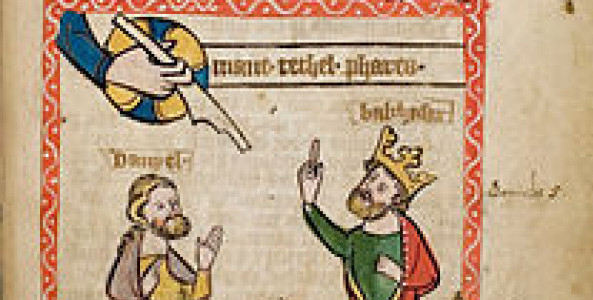
Na stronie od 2003-11-04
Life in Diversity - On God's Trail Mission and Ecumenicity, Witness and Dialogue As Central Fields of Work of the Church
The text of this statement is based on a working assignment given by the Office for Mission and Ecumenical Affairs to its Committee for Witness and Dialogue in May 2002. The Committee was asked to clarify in a theological declaration the “strained and dynamic relationship between witness and dialogue”, particularly taking into account the recently growing discussion about the churches’ missionary task. This assignment led to a vivid discussion process involving members of the Office, the Committee and other interested persons, and finally the present text was produced and adopted by the Office in its meeting at the Centre for Ecumenical Work in Frankfurt on 29 October 2003.



